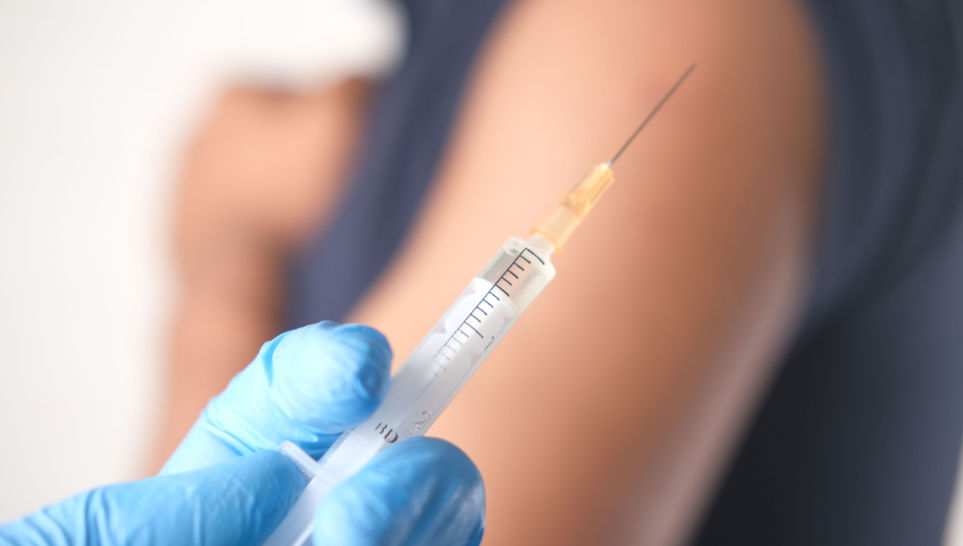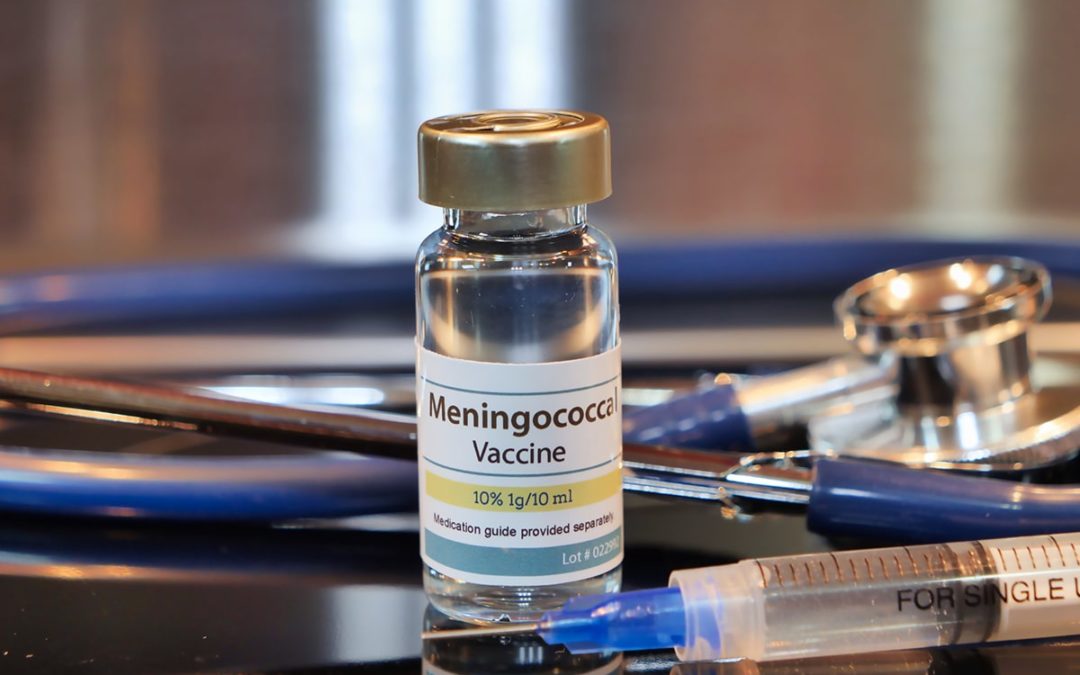Children get the rotavirus vaccine to help prevent severe illness caused by the rotavirus. The rotavirus is one of the leading causes of diarrheal disease in infants and young children. Studies show that all children become infected with some form of rotavirus before their fifth birthday.
Some of the most common side effects of the vaccine are intussusception, severe allergic reactions, and respiratory distress. The Centers for Disease Control and Prevention (CDC) suggests that infants receive a rotavirus vaccine before turning eight months old.
The vaccine helps protect them from rotavirus infections, which cause diarrhea, vomiting, nausea, and stomach pain. However, like many vaccines, the rotavirus vaccine has some potentially harmful side effects. If your child or a loved one is experiencing injuries from the rotavirus vaccine, you might be eligible for compensation.
What is the Rotavirus Vaccine?
The rotavirus is one of the most common causes of an illness known as acute gastroenteritis, which can have unbearable symptoms such as diarrhea and vomiting. This disease is responsible for killing 500,000 infants worldwide every year.
However, deaths usually only occur in countries that don’t have access to the vaccine. With proper medical care and hospitalization, infants in the United States rarely die from the rotavirus.
There are two types of rotavirus vaccines: Rotarix and RotaTeq. One of the first versions of the rotavirus vaccine, called RotaShield, was taken off the market because it was linked to several intussusception cases.
The rotavirus vaccine is a live vaccine, meaning it contains live, weakened rotavirus. Live vaccines help stimulate the body’s immune system to create antibodies to learn how to fight off the virus successfully. Another common live vaccine is the varicella vaccine (also known as the chickenpox shot).
Rotavirus Vaccine Side Effects/Reactions
Although severe side effects are rare, they can be extremely life-threatening. Some of the rare side effects include autoimmune responses, allergic reactions, and blocked intestines.
Severe side effects need not necessarily be present to receive compensation for your rotavirus injury. The court handles each case individually and helps those who can reasonably prove that their injuries are associated with the vaccine.
Some of the common side effects of the rotavirus vaccine are:
- Diarrhea
- Runny nose
- Sore throat
- Fever
- Stomach pain
- Soreness
- Ear infections
- Irritability
History of the Rotavirus Vaccine
The first licensed version of the rotavirus vaccine was available in the United States in 1998 but was quickly withdrawn a year later since it was believed to cause intestinal blockage. The next generation of rotavirus vaccines was ready in 2006 and 2008.
Who Should Not Get the Rotavirus Vaccine
The rotavirus vaccine can help prevent rotavirus infection. However, the vaccine isn’t for everyone. Those who shouldn’t receive the rotavirus vaccine include:
- Babies that are currently ill with a mild or severe condition. Doctors will recommend that you wait until your baby has fully recovered before administering the vaccine.
- Babies that have had an allergic reaction to a previous rotavirus vaccine or that are allergic to any of the ingredients inside the vaccine.
- Babies whose mothers were taking any immunosuppressant drugs during pregnancy.
- Babies who are older than two years.
It’s always wise to speak with your doctor before giving your baby the rotavirus vaccine. The doctor can examine your infant and determine whether they are healthy enough for the vaccine, thus minimizing the chances of adverse side effects.
FAQs
How Long Does a Rotavirus Infection Last?
Babies usually start to see symptoms within two days after coming in contact with the virus. Diarrhea and vomiting can last anywhere from three to eight days, depending on the severity of the disease.
How Do Doctors Give the Rotavirus Vaccine?
Unlike many other vaccines that involve needle injections, the rotavirus vaccine is given orally in liquid form.
Why Can’t Older Babies Get the Rotavirus Vaccine?
Older babies can’t get the rotavirus vaccine because it’s only licensed for children up to 24 months. Babies older than 24 months would be at more risk of experiencing side effects, such as a blockage in the intestines, that can be life-threatening.
To reduce the risk of intussusception, doctors recommend getting the vaccine no later than 15 months old.
How Long Does the Rotavirus Vaccine Last?
There’s no specific period of how long the vaccine is effective. Research shows that infants are generally protected for several years after receiving two doses of the vaccine.
How Effective is the Rotavirus Vaccine?
Studies have shown the rotavirus vaccine is roughly 85% effective in healthy babies. Some vaccinated babies might still contract the virus; however, symptoms are usually mild and not detrimental to their health.
Does the Rotavirus Vaccine Prevent My Child from Getting Diarrhea?
No, the rotavirus isn’t the only cause of diarrhea in infants. With that in mind, roughly 80% of vaccinated babies are fully protected from diarrhea due to the rotavirus vaccine.
What to Do if Your Child is Experiencing a Rotavirus Vaccine Injury
Although most vaccines help save us from harm, sometimes things can go wrong and leave you and your family in a stressful situation. If your child or someone you love is experiencing any severe rotavirus vaccine side effects, the first thing they need to do is seek medical attention. Some of the side effects can be dangerous, so you need to take them seriously.
Rotavirus vaccine-related injuries are covered under the Vaccine Injury Compensation Program (VICP). To learn whether you have a claim, speak to one of our vaccine injury attorneys. They can look over your situation and see whether taking legal action is the right choice.
MULTIPLE INJURIES AFTER MULTIPLE VACCINES
$249,975.78 total settlement which includes lifecare expenses for a 6 month old infant who developed Evan’s Syndrome, thrombocytopenia, Coombs’ positive hemolytic anemia, pancytopenia, and neutropenia as a result of receiving DTaP, IPV, Hib, pneumococcal conjugate, and rotavirus vaccinations.






